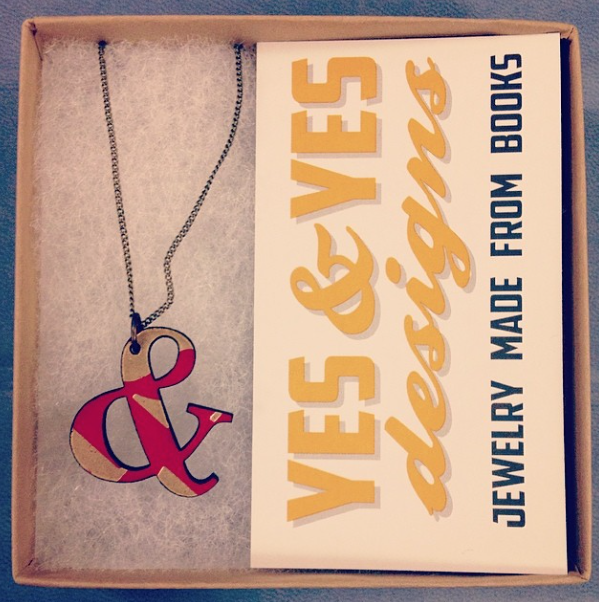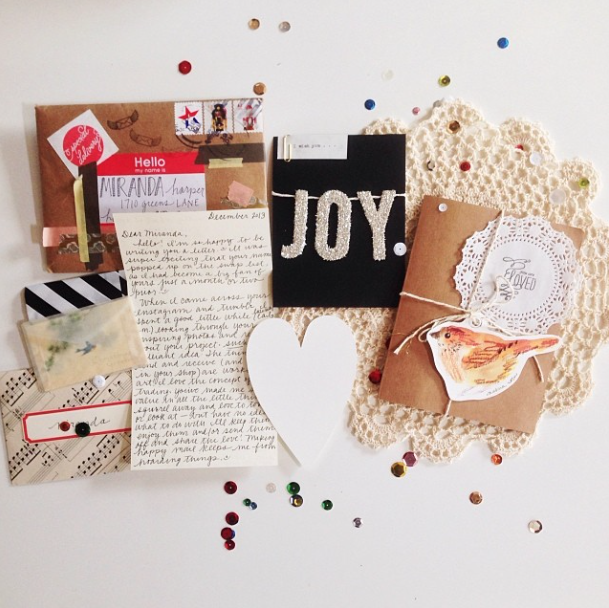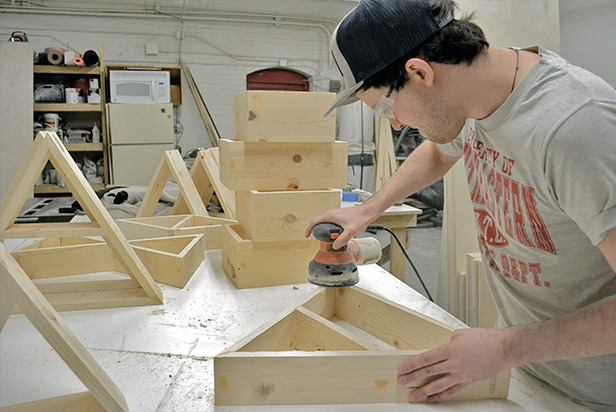
You have a great product to sell, now what? An important step that will help with selling your product: telling the story behind your product and brand. Perfecting what you say and how you say is a crucial marketing tool that will stick to your brand and products as long as your company is around. When a shopper comes across your product, if you have a compelling story behind it, they’ll be more likely to remember you down the road even if they don’t 100% remember the specifics of your product.
What should you say?
Well selling isn’t easy, but if you get personal, are transparent, and share why you’ve decided to pursue this specific road, shoppers will start to understand your brand better and learn what makes this uniquely yours. Also knowing your story will lead shoppers to connect to your brand on a more personal level. A person who buys a ceramic cup in a big name store only knows the price and that it’s a ceramic cup. But if they buy a ceramic cup from you, you have the opportunity to explain why you’re selling ceramic cups, why they’re important to you and why these cups are worth their money.

What’s the secret to telling your story?
Five key words come to mind : Who, What, Where, Why, and How. To tell your story, answer these questions. Who are you, What are you selling, Where are you based, Why are you selling these products, and How are you sourcing/making/coming up with these products. It’s often that simple. (Pictured right: Nigel Reyes of BLACK HOUSE PROJECT.)
Who are you?
What’s your name? Your name is who you are, tell people who the person behind the brand is. It’s your brand, so you should be proud to let people know you are the person behind it! Where do you come from? What’s your history? Did you work at an office for 10 years before you realized you wanted to build model airplanes for a living? Did you know from a young age that your destiny was to build model airplanes? How did you get to here, right now?
What are you selling?
Be descriptive. You’re selling model airplanes? What type of models? Why those specific models? What makes your model airplanes so interesting? Is it the time, effort and care you put into making each one a piece of art? The fact that they’re 100% exact replicas at a miniature scale? What are they made out of? What are the materials? Be transparent, you have nothing to hide, and every detail counts.

Where are you based?
Are you living and working in San Francisco? Vancouver? Do you work out of a studio? A cabin in the woods? Where do you sell? Pop Up shops on the East Coast? Craft Fairs in your neighborhood? Your location is a part of you, it’s a a part of your business, you may sell online, but you have a place you call home, so tell us what part of the world you’re in.
Do you live in NY, but have your products made and shipped out of China? Let people know. If we’re neighbors that’s cool to know. If I’m going to have to wait a month for your product to travel half way across the world, then I may think twice about ordering… unless your story is compelling enough that I won’t mind waiting. Try to avoid surprising your customer with any negatives, be upfront about your location. Yes, you want customers but what’s really important is repeat customers.
Why are you selling?
Tell us your reason for selling model airplanes? Do you come from a family of model airplane builders? Did you stumble across them in your 30s, fall in love with the art, and decided to change career paths? What is it about model airplanes that sparked the idea that you should start actually selling them? Tell us why you’re doing this.

How are you making your products?
Where are you getting the materials/products? This is another great place to tell what makes your products uniquely yours. Be descriptive, tell people what wood you’re using to make your model airplanes with, why you picked this specific wood, how many hours it takes to make one model airplane. Details help sell products. Someone is way more likely to remember your airplanes because you told them it was made with wood from trees struck by lightning and that each one takes over 100 hours to make.
If you source the products that you sell, how are you sourcing them? Did you travel through Europe for 3 months, searching for 80 year old craftspeople who still don’t know how to use a cellphone? Let us know why you’re selling these products, why they’re interesting and how you came across them. You don’t need to tell us the exact address, but explaining your process is fun to learn!

It’s important to note that there’s most likely going to be overlap amongst these 5 areas. You definitely don’t need 5 separate paragraphs as some answers might lead into others, or be short enough that you can fit multiple categories into one paragraph. Get the information across as best as you can, and don’t fret it if it only fills up a few sentences. Be creative, be detailed, be honest and don’t worry about length. A story can be great in a couple of sentences, or in a couple of paragraphs. Just make sure it’s relevant, don’t repeat yourself and you’re golden!
Here are some examples of brands who do a great job telling their story:
Yes Yes Designs
Brent Dakis Jewellry
Black House Project
The Love Parcel
Photojojo
[blank]shoppe
The 807


